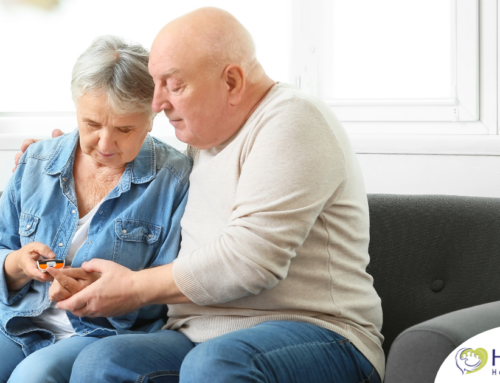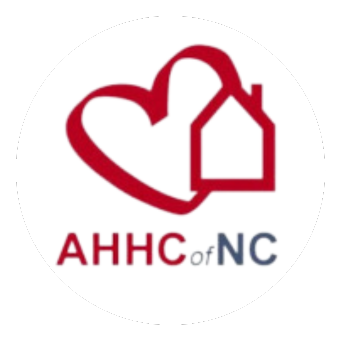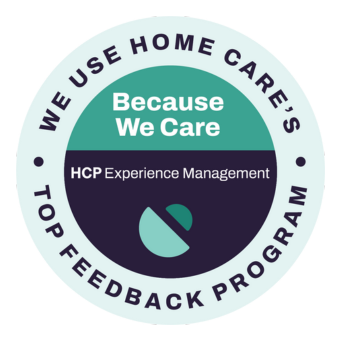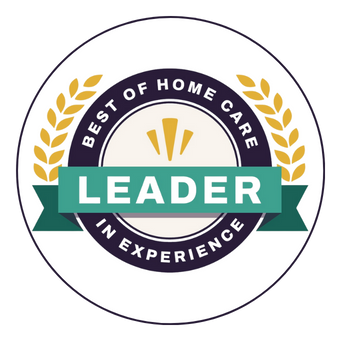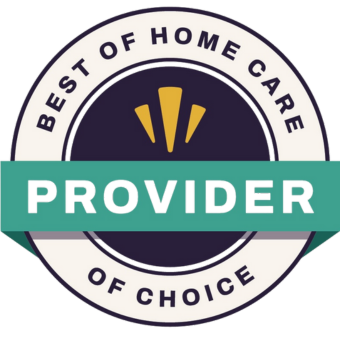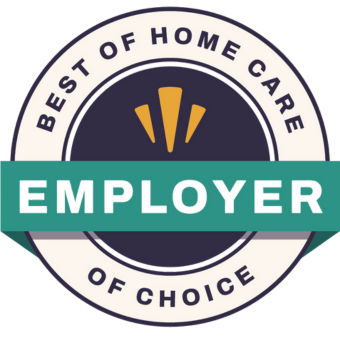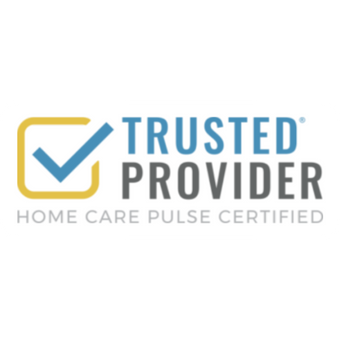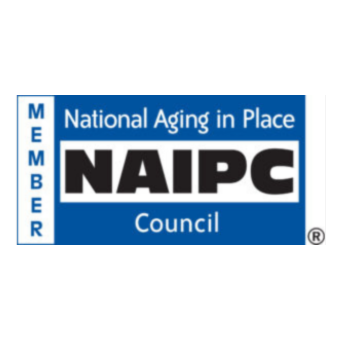Millions of Americans aged 65-and-over don’t get the daily nutrition that their bodies so desperately need. When a malnourished senior doesn’t have anyone else in the household to monitor their behavior, those unhealthy eating habits usually continue. Eventually, malnutrition places their freedom and independence at risk, and many end-up in a hospital or nursing home as a result. If you have an aging-in-place loved one who’s diet is nutrient-deficient, here’s why meeting their nutritional needs matters.
These Cause Malnutrition in the Elderly
Malnutrition in the elderly is typically caused by eating not enough food, or by eating too many foods that lack essential nutrients, for these reasons:
- Illnesses and disease-related inflammation
- Chewing and swallowing difficulties
- Dementia and other cognitive disorders
- Age-related changes affecting taste, smell and appetite
- Alcohol and drug abuse
- Social isolation
- Certain medications that suppress appetite or nutrient absorption
- Limited income
- Mobility and transportation problems
- Depression resulting from grief, loneliness or poor health
Health Problems Related to Malnutrition
Malnutrition can lead to serious health problems for a senior, including these identified by the Mayo Clinic:
- Muscle weakness and bone loss which promotes falls and fractures
- Slower wound healing rates
- Weakened immune system leading to a higher risk for infection
- Greater likelihood to be hospitalized
- Increased mortality risk
In general, seniors who eat a nutrient-rich diet tend to enjoy longer, healthier lives.
How to Identify a Malnourished Senior
According to the Academy of Nutrition and Dietetics, roughly 50% of all elderly Americans are malnourished, or presently at risk for becoming malnourished. As an informal caregiver, look for these warning signs that your senior’s nutrition is at risk:
- Noticeable weight loss (loose-fitting clothes, etc.)
- Skin that’s fragile and thin
- Poor appetite
- Muscle loss
- Altered bowel habits (diarrhea, constipation, etc.)
- Frequent illnesses and infections
- Wounds that heal much to slowly
Energizing Your Senior’s Nutrition
March is National Nutrition Month, which means it’s a great time to start energizing your senior’s nutritional health. Here are some great ways to do so:
Watch Their Weight
Monitor your loved one’s weight on a weekly basis. Have their clothes started to fit too loosely on their body?
Study Their Health History
Talk to your senior’s doctor about health conditions that they may have, or medications they are taking, that can affect nutrient-absorption. Chronic conditions like diabetes, high cholesterol and hypertension must also be addressed when choosing the right foods.
Encourage Healthy Eating Habits
Spend mealtime together so that you can observe their eating habits, including what types of foods are eaten and how much. If chewing discomfort is a problem, take your loved one to the dentist. If he or she has a swallowing impairment, nutritious shakes, smoothies and broth-filled soups might do the trick.
Do Your Homework
Visit nutrition websites like eatright.org and devise a healthy diet that’s packed with vitamin and mineral-rich foods. If you have questions, meet with a registered dietician or nutritionist who can create an individualized program for your senior.
Prepare Nutritious Meals
Put your newfound dietary expertise into action by preparing healthy meals for your senior based on any chronic health conditions they may have. Seniors that are diabetic should avoid foods high in carbohydrates or processed sugars, while those with high blood pressure should watch their sodium intake. If you don’t have time to fix healthy meals, find a meal delivery service or professional in-home caregiver who can.
Boost Fiber Intake
Many elderly people battle constipation and elevated blood sugar, so feed your loved one lots of natural fiber. Fresh fruits, vegetables, whole grains and nuts all help lower blood sugar levels and improve bowel function. If they take a blood-thinner avoid green leafy veggies whenever possible.
We Are In-Home Nutrition Advocates for Seniors
Focusing on an aging loved one’s nutritional health can be hard when you’re busy or live far away. When you need a hand, contact HomeChoice Home Care Solutions. We are a fully licensed and insured home care agency with highly trained caregivers that can step in and deliver the nutritional support your senior needs, including grocery shopping, meal preparation and cleanup. While there, our carefully screened aides can also perform family trusted services like light housework, personal hygiene, medication reminders, escorted transportation and companionship.
And, with a focus on your loved one’s dignity and independence, all our home care services can be individually personalized into an affordable package when and where you need them! To learn more about HomeChoice Home Care Solutions, or to schedule a FREE in-home consultation for yourself or that special senior in your life, please call or visit us online today.




